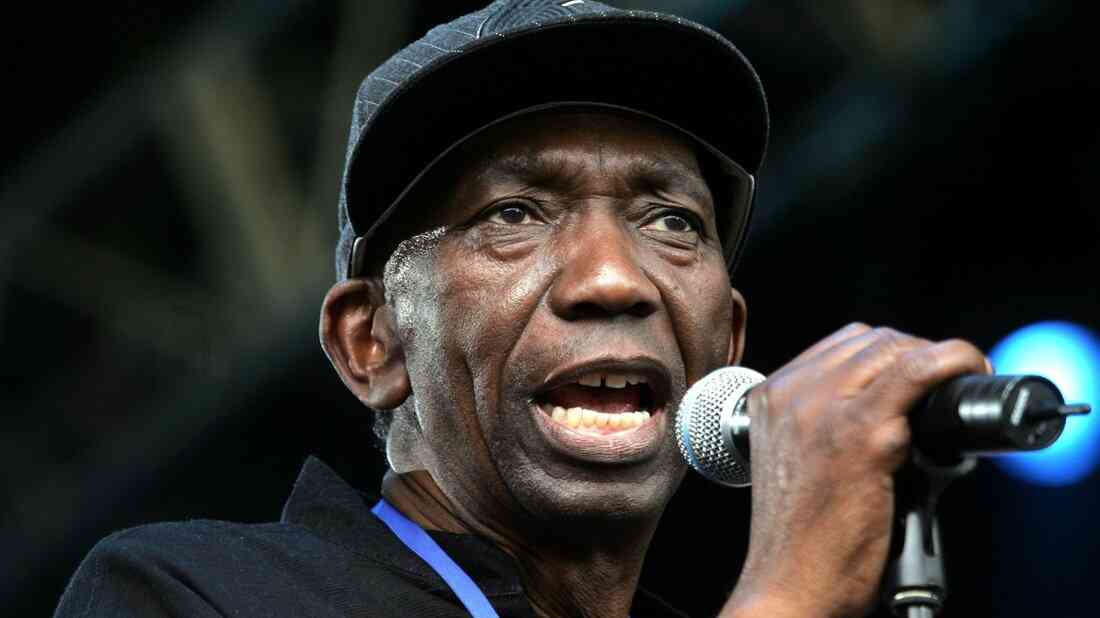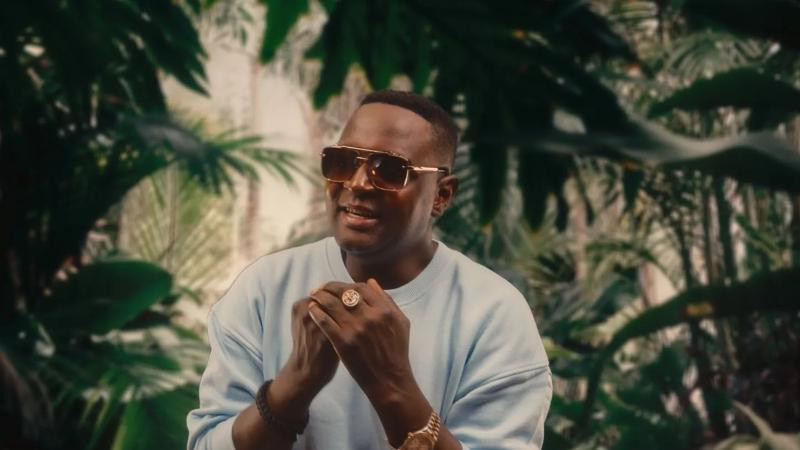
I recently interviewed men and women from all sorts of backgrounds, who are aged 40 years and above to find out who their favourite Zimbabwean musicians were. From the list I got names such as Oliver Mtukudzi, Thomas Mapfumo, Paul Matavire, John Chibadura, Simon Chimbetu, Alick Macheso, The Bhundu Boys, Tongai Dhewa Moyo, Andy Brown, Lovemore Majaivana, Leonard Zhakata, The Runn Family and Leonard Dembo came up.
I thought to myself that these are the names that were trending between 1980 and 1990. None of the over 40s mentioned names that are trending in today’s popular music.
I further went on to interview young people below the age of 30 years to give me their favourite Zimbabwean musicians. This is what I got: Winky D, Jah Prayzah, Mambo Dhuterere, Holy Ten, Chillmaster, Poptain, Master H, Voltz JT, Saint Floew, Nutty O, Enzo Ishall, Qounfused and Jah Master.
This got me thinking! Does music appreciation have anything to do with one’s age?
I asked one interviewee aged 50 why he did not mention any of the young artistes like Enzo Ishall, for example. This is what he said to me. “I do not even know who that is. While I have come to appreciate younger artistes such as Jah Prayzah, and Winky D. in recent years, songs from the 1990s such as Nhamo Dzandimomotera by Oliver Mtukudzi, Simbimbino by the Bhundu Boys and Corruption by Thomas Mapfumo hold a special place in my heart. When I listen to those songs now, I am hit with waves of nostalgia — first crushes, the tribulations of high school, and the highs and lows of living with my parents.”
But when I asked Tony Mahute aged 23 why he did not choose musicians like Thomas Mapfumo or John Chibadura and preferred Enzo Ishall, Nutty O and other younger musicians, his response was: “The guys you mention are what we call traditional musicians. Can the old guys you mention compose a song like Masahwira or Mahwiriri? No, they can’t!”
As I see it, other generations of music lovers say music was so much better when they were younger, I wondered why. We can’t all be right — or maybe we are?
I talked to experts in how music influences our brains to find out.
- Edutainment mix: The mbira in the cosmos of development
- Mukadota ‘exploited’ me: Mai Rwizi
- Chivaviro, Makhabane drop collabo
- Village Rhapsody: Winky D’s Eureka mirrors the state of Zimbabwe
Keep Reading
One music psychologist had this to say: “It’s not that music was better when we were younger; it’s that music elicits very, very strong emotions. Music is an extremely powerful cue for remembering what has happened before in our lives,”
But why does music hold such power? Music is episodic. If you look at an artwork or something, you can look at it and leave. Music is over time. There’s a part of our brain called episodic memory — that’s where music goes.
It is well documented that music among young people peaks around the ages of 15 and 17. This is the period when many teenagers are adventurous and are also transforming into adults. They will try everything they think will make them impressionable and appreciated by others. This period, when looking back, is the most exciting time of life among many teenagers. During their teenage years they are developing so much and they get attached to the music they listen to during those years..
In my survey among the over forties, they were in their teenage days when the music of Thomas Mapfumo and Oliver Mtukudzi peaked. “It’s part of your identity,” one music expert said.
This attachment to your identity may be why you feel less of a connection to contemporary music as you grow older.
The emotions tied to music at impressionable ages help form a lifelong bond, with happy and sad feelings intertwining — even complementing each other — when listening to a song.
He went on to say that “If we were sad (listening to a song) 20 years ago, we’re going to be sad today, but with a distance from that sadness… So there’s a different sense of enrichment in the experience,” noting that “sadness can be the opening of joy.”
It could also explain why listening to something you enjoyed from an earlier, tougher period in your life can bring a sense of catharsis when hearing it now.
When I was a teenager during Rhodesia, we were subjected to western music such as the music from The Beatles, The Rolling Stones, Cliff Richard, James Brown, and Elvis Presley. When I listen to songs such as Hey Jude or Papa Has Got A Brand New Bag today they bring out a lot of my teenage memories compared to the songs that have come up now. I still think that the 1970s and 1980s were the holy grail of “real music,” even though all decades contain good and bad songs.
It may be because I am remembering the artistes, songs and albums that were meaningful to me and forgetting the ones that were not. There are circumstances that made certain songs particularly meaningful to me and the memories of those circumstances will come back as I listen to the songs.
Those meaningful songs still resonate with me, eclipsing the forgettable ones.
Every era has horrible songs that became huge hits,” “They’re still there somewhere in our memory, but we choose not to pull those up. Naturally, we’re going to pull up the songs we like.
I’m sure that today’s young people will hail the early 2020s as a great time in music, as evidenced by my survey saying that the artistes from the past have nothing on those from their day.
As I see it, today’s young musicians are looking for fast ways to make a hit song. They will even try to compose a song over pre-recorded riddims. They don’t even spend too much time in the recording studio. Nowadays, musicians can fit different genres together, so it is impossible to identify them apart. In the past, songs heavily depended on melody; the composers took their time to create their own specific music. Making a new song could take several years. Now, the young composers often only take a few hours to compose their new song which spoils the creativity aspect. In the past, musicians spent a lot of time in the studio creating music and would try and correct the parts they perceived unsatisfactory. Now think of a painter who completes a picture in 5 minutes and compare him with the likes of Vincent Van Gogh, Pablo Picasso or Michelangelo who took their time on their paintings. Those paintings still make a big impression on people today. This is the same lasting impact music from our young days has left on us.
*Feedback: frezindi@gmail.co










